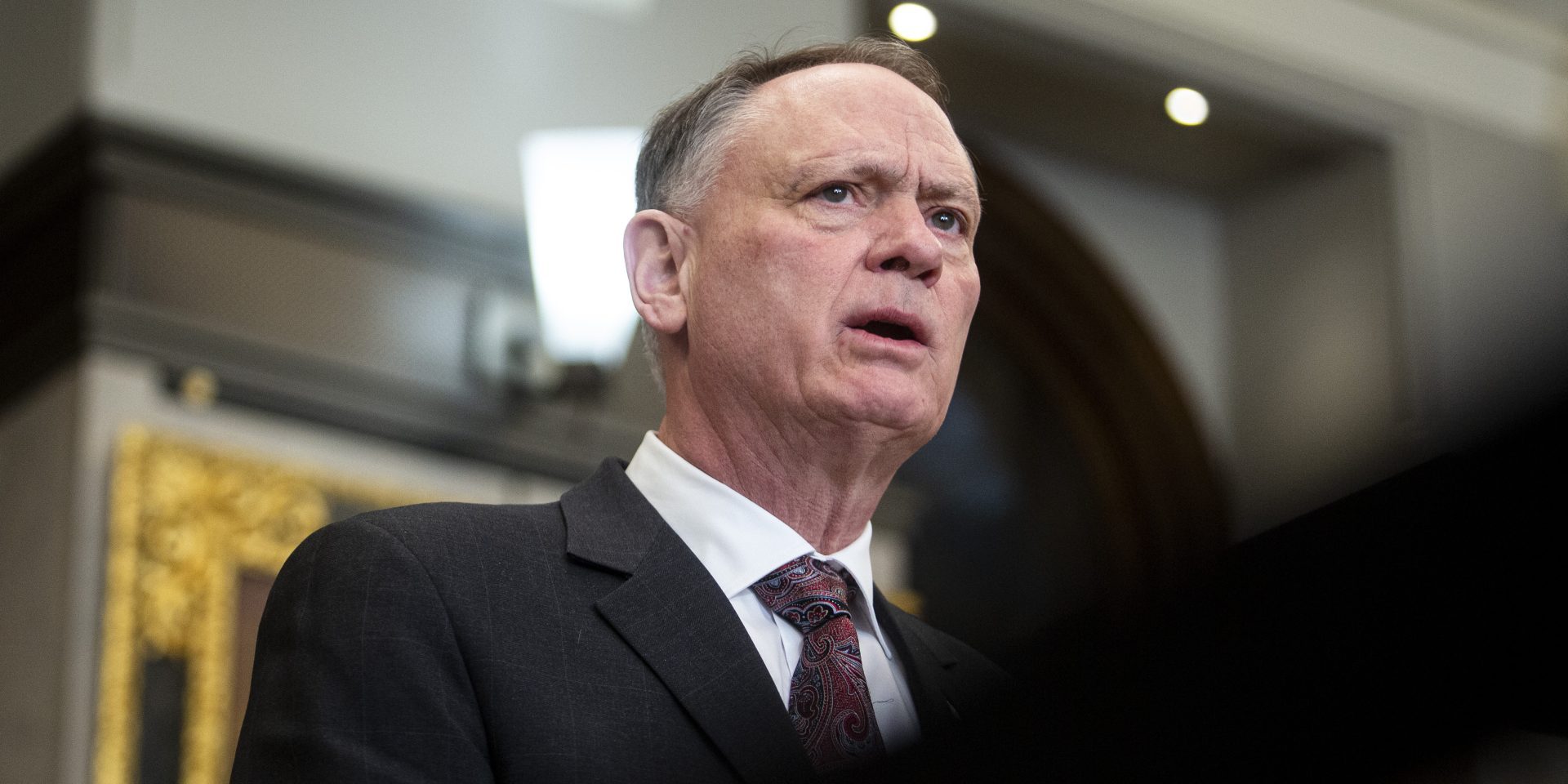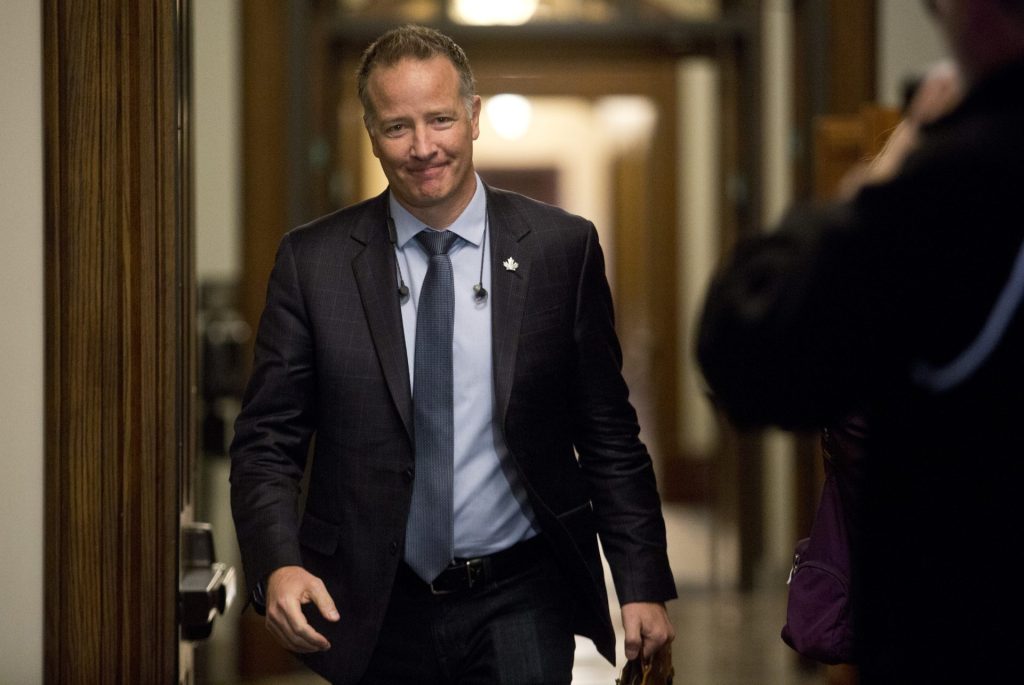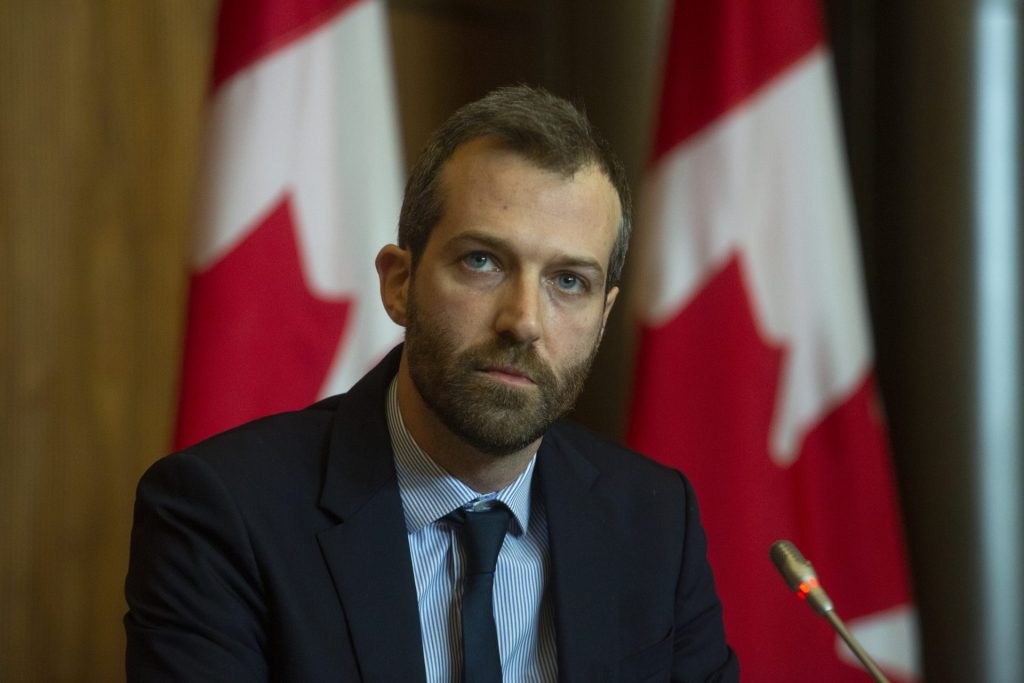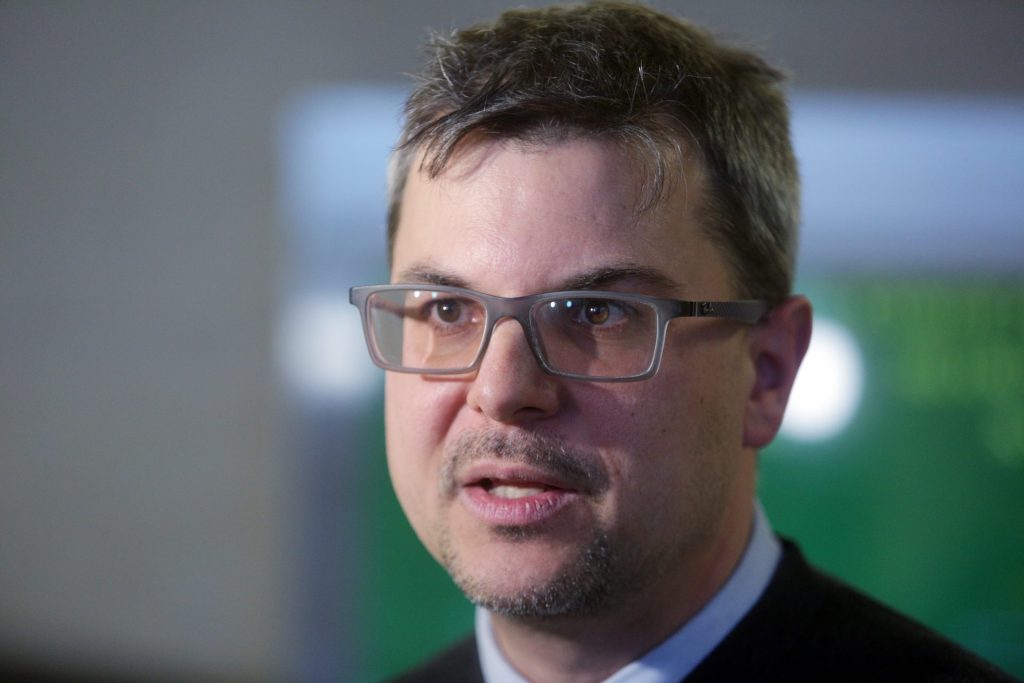New faces, old problems: does Carney’s new cabinet have the political will to fix defence procurement?

New defence and procurement ministers, and a secretary of state focused on military acquisitions fuel hopes for change in the newly sworn-in cabinet, but defence insiders say the fresh faces won’t be able to deliver the sweeping overhaul Canada’s military urgently needs without political will.
Prime Minister Mark Carney’s (Nepean, Ont.) new cabinet was sworn in on May 13, and includes 28 ministers and 10 secretaries of state. David McGuinty (Ottawa South, Ont.), who previously served as minister of public safety and emergency preparedness in Justin Trudeau’s cabinet, has been named minister of national defence. Joël Lightbound (Louis-Hébert, Que.) has been given the procurement portfolio, as well as responsibility for public works and government transformation.

Liberal MP Stephen Fuhr (Kelowna, B.C.), a former fighter pilot, was named secretary of state for defence procurement. Secretaries of state—also referred to as “junior ministers”—have specific portfolios, but are not part of the cabinet, and don’t lead government departments. Fuhr chaired the House Defence Committee from 2016 to 2019.
While the new cabinet members bring a mix of political and operational experience, the Carney government needs to do more to overhaul Canada’s military procurement—long plagued by delays, insufficient funding, and lack of accountability—and to amp-up defence spending ahead of a high-stakes NATO summit and in the shadow of the United States-Canada tensions, say defence experts.
Justin Massie, head of political science department at l’Université du Québec à Montréal whose research focuses on Canadian defence policy, wrote in an X post in French that, with these appointments, “the Carney government will have a strong team to deliver its ambitious defence agenda.”
Carney’s campaign platform included several action items aimed at tackling long-standing issues in defence procurement. One of his most prominent commitments was boosting the country’s defence spending beyond NATO’s two-per-cent-of-GDP benchmark by 2030.
As for more structural changes, the Liberals promised to overhaul defence procurement through a new agency focused on centralizing, modernizing, and expediting the military acquisition process. Another commitment was to prioritize the purchase of Canadian raw materials such as steel, aluminum, and critical minerals.
The prime minister also pledged to establish a new agency—the Bureau of Research, Engineering, and Advanced Leadership in Science—to equip the Armed Forces and the Communications Security Establishment with Canadian-made technologies in areas such as artificial intelligence, quantum computing, and cybersecurity.
Carney also ordered a review of the government’s plan to procure F-35 fighter jets from the U.S. amid trade tensions with that country as Canada looks to diversify its supply chains to include European allies. The 2023 deal with American defence contractor Lockheed Martin for 88 F-35 fighter jets—which would replace the Canadian Air Force’s aging CF-18s—has a projected cost of $19-billion while the total life-cycle cost for the project is expected to reach $70-billion. The first four jets are slated to be delivered in 2026, with the full fleet to be complete by 2032.
Carney also moved forward on some purchases including a $6-billion purchase of an over-the-horizon radar system from Australia, and a $420-million commitment to expand military operations for Arctic sovereignty.
On social media, Conservative MP Dan Albas (Central Okanagan–Similkameen–Nicola, B.C.) highlighted that Fuhr ran on a platform against buying the F-35 fighter jets when he first ran for office 2015. In 2011, Fuhr called the purchase of the fighter jets an “expensive mistake.” Fuhr lost his seat in the then-named riding Kelowna–Lake Country, B.C., to Conservative Tracy Gray in the 2019 election. He was re-elected last month with a less than two-per-cent margin over Gray.
“Politics sometimes works in funny ways. Stephen Fuhr was first elected in 2015 on a platform to oppose buying the F-35. Now re-elected in 2025, he will serve as the Sect. Of State for Defence Procurement to bring them home,” Albas wrote in an X post, but also wished Fuhr well, adding that his experience will be “valuable” in his new role.
As a pilot in the Royal Canadian Air Force, Fuhr held multiple roles, including A2 flight instructor, standards officer, CF-18 fighter pilot, and fleet manager. He was also a qualified evaluator for North American Aerospace Defense Command (NORAD) and NATO fighter operations.
Politicians don’t want the political risk on procurement: Leuprecht
Royal Military College and Queen’s University professor Christian Leuprecht, a defence and national security expert, said McGuinty will be “on the steepest learning curve,” and will “have some very heavy lifting to do” ahead of the NATO Summit scheduled in the Hague, Netherlands, from June 24-26.
Leuprecht said appointing a secretary of state for defence procurement is “good news” since it means there will be “dedicated attention” on the file. However, he argued that this new structure “does not signal the government is putting in charge a full minister who’s willing to own the risk of that portfolio.”
“The problem is that politicians don’t want to take the political risk on procurement,” he said. “So, we’ll see whether the prime minister and defence minister … are prepared to own some risk.”

The oversight of defence procurement in Canada involves several federal departments. Public Services and Procurement Canada acts as the government’s central purchasing agent, and manages the contracting process for most major military acquisitions. The Department of National Defence defines the technical requirements and operational specifications for those acquisitions. The Treasury Board provides oversight by approving most—if not all—major defence contracts, and ensures compliance to federal procurement rules and policies. Innovation, Science, and Economic Development Canada enforces the government’s Industrial and Technological Benefits policy, requiring contractors to deliver economic benefits to the country.
Leuprecht noted that Carney took a page from the Australian model where the defence portfolio is divided among three full ministers, one responsible for defence policy, another for personnel and veterans’ affairs, and the third focused solely on defence industry and capability delivery which is effectively the procurement arm.
“I think there’s an understanding that there’s simply not enough bandwidth in the defence [department] to do this,” he said.
As for Fuhr’s past position on the F-35s, Leuprecht said he “wouldn’t attribute too much to that” as he argued that could be part of a political rhetoric to appeal to “Liberal, anti-militaristic constituencies in urban ridings.” Similarly, Carney’s order to review the jet procurement looked to him like a bit of “dog-whistling,” Leuprecht said.
Signalling a change of heart on the F-35 purchase would be “exceptionally damaging” to Canada’s relationship with the U.S., especially under the Trump administration, according to Leuprecht, who underlined that due to how the two countries work under NORAD, “in the Air Force being fully interoperable is the only solution.”
Team Carney needs to show political will to fix defence procurement, say experts
McGuinty and Fuhr’s appointments are “a positive sign that things will move ahead with a new defence procurement agency,” said former Liberal defence minister David Pratt, now principal of David Pratt & Associates.

Pratt said he expects to see “a sense of urgency,” and “a willingness to get behind defence procurement in a significant way” from the new cabinet. He argued the new government should start a major review looking into aligning foreign affairs, defence, national security and international assistance policies to craft a framework combining both hard and soft power.
“I think [Carney] understands the problem perfectly, and it’s a question of whether or not the government can muster the political will to get some of this stuff done,” Pratt said.
“On defence procurement generally, the level of political will that the government will bring to the task of rebuilding our military will be seen first in the Throne Speech, and then in the budget,” Pratt said.
He highlighted “assistance to Ukraine, Arctic sovereignty, and co-operation wherever it’s possible with the U.S. in terms of continental defence,” as core priorities that should anchor the government’s defence agenda.
Pratt said the government has to be “very aggressive” in terms of timelines, and achieving NATO’s spending goal. “We are behind the curve right now, and we’re going to have to make a significant effort to get us where we need to be in terms of defence spending. Some of this is going to require the announcement of huge projects,” he said.
Richard Shimooka, a defence procurement expert and senior fellow at the Macdonald-Laurier Institute, said the appointments alone don’t necessarily signal a “major shift” in the government’s approach to defence procurement.
“We don’t know the [ministers’] mandate[s] yet, I don’t feel that necessarily this is going to be a major shift yet. I think it feels closer to a small-scale reform that doesn’t fundamentally change the outcomes of defence procurement,” he said.
That is not to say Carney’s promises and recent moves such as appointing a secretary to focus on the file, does not signal political will, but the real question is whether or not it will be enough, according to Shimooka.

David Perry, president of the Canadian Global Affairs Institute, said Carney’s cabinet appointments appear “promising,” but the priorities set by the new government will quickly reveal how serious it is about fixing defence procurement.
He said one indicator would be to roll out some of the more straightforward procurements right away, including more spending for infrastructure for military bases, and increasing the purchase from two to four Joint Support Ships.
“If we can get a contract for ammunition production by Canada Day, I think that would be a positive indicator. And if we don’t get one, then that will also be telling about whether or not there’s seriousness of intent,” Perry said. “If you can’t buy bullets, you don’t have much credibility.”
Perry emphasized that hitting the two-per-cent spending target needs to show up as early as the first federal budget, adding that “strong messaging that isn’t backed up by actual money and results, is unlikely to go very far, because our allies have become pretty used to [that].”
Both Perry and Leuprecht said they don’t see the appeal of a new procurement agency. But, “if Mr. Carney is going to push through an agenda that includes creating that organization, that would send a very powerful signal across the government,” Perry said.
The Hill Times






 LICENSING
LICENSING PODCAST
PODCAST ALERTS
ALERTS













